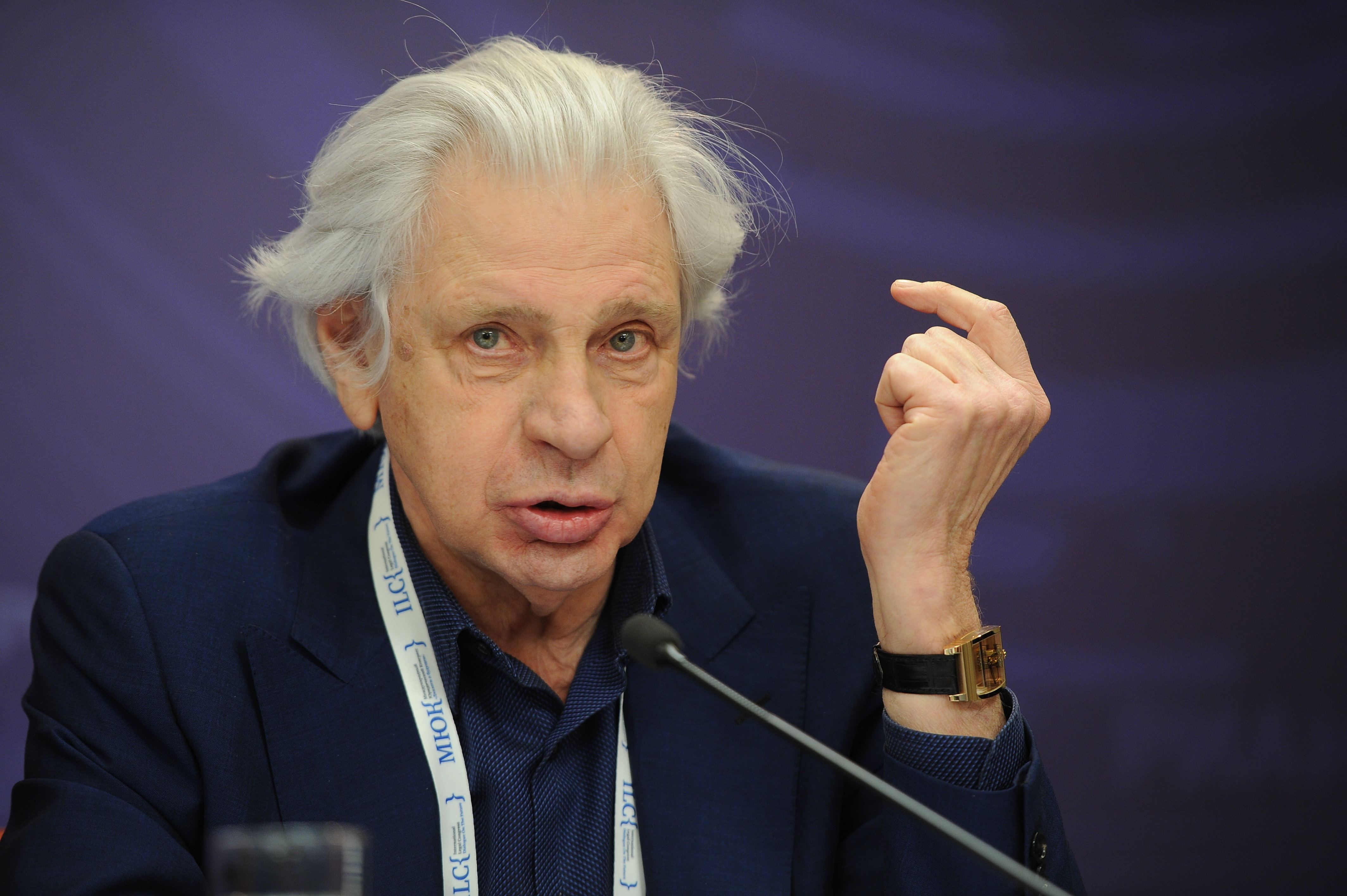MOSCOW, April 4 - RAPSI. The European Court of Human Rights (ECHR) held Thursday that Russia violated the free expression rights of renowned Russian attorney Genri Reznik in light of his defamation conviction over commentary involving the treatment of Mikhail Khodorkovsky’s attorney by Moscow pre-trial detention center guards.
The conviction arose from his criticism on a live television program in December 2003 of the way wardens had treated an attorney who, at the time, represented former YUKOS CEO Mikhail Khodorkovsky. At that point, Khodorkovsky was a wealthy and powerful Russian businessman who had been charged in a criminal case.
The incident at the core of the case involved attorney Olga Artyukhova, who visited her client in a Moscow pre-trial detention center.
She was searched by two guards who seized two items: a typed document and a torn handwritten piece of paper. Investigators claimed that the latter contained instructions on witness intimidation, and the Justice Ministry thus sought Artyukhova’s disbarment.
Reznik publicly criticized the latter move.
Russian news agency NTV then requested that Reznik debate with a representative of the Justice Ministry on live television to hash out their differences on the matter.
When the host asked Reznik about the incident he said: “There were no grounds for carrying out a search which, by the way, was performed by men who rummaged about the body of the woman lawyer. Evidence obtained by criminal or unlawful means has no legal value. There is nothing, absolutely nothing, in Ms A.’s records that could warrant her disbarment.”
To the contrary, the detention center guards argued that they had not "rummaged about the body of the lawyer," but rather had merely checked her bag.
About two weeks after the show aired, the pre-trial detention center and two prison warders filed claims against Reznik and NTV.
Meanwhile, the following month the Moscow Bar Association refused to disbar Ms. A, citing the illegality of the search and seizure process that had resulted in the authorities attainment of the evidence.
The Russian court held in favor of Reznik and NTV, finding among other things that the statement at issue had been an expression of opinion – not of fact. Furthermore, he hadn’t used any names.
The pre-trial detention center and warders then appealed the decision.
In August 2004, the Moscow City Court granted the defamation claims, thereby quashing the lower court judgment. Reznik was ordered to pay damages and NTV was ordered to issue a redaction.
Article 10 of the European Convention of Human Rights (Convention) stipulates in relevant part that: “Everyone has the right to freedom of expression. This right shall include freedom to hold opinions and to receive and impart information and ideas without interference by public authority…”
Thus the ECHR’s consideration of the case hung primarily on consideration of the competing interests of protecting the right to guarantee one’s own reputation, and protecting the right of one to freely express his opinions.
The judgment concluded that: “the domestic court failed to recognise that the present case involved a conflict between the right to freedom of expression and the protection of the reputation.”
The ECHR further found that neither the pre-trial detention center nor the wardens had been explicitly named in Reznik’s comments, and that their personal reputations were thus not directly threatened by it.
While the judgment noted that even value judgments can prove damaging if absolutely lacking in factual basis, such was not the case here. Considering the evidence at hand behind the pre-trial detention search incident, the court held that they provided, “a sufficient factual basis for the applicant’s statement that the inspection of Ms A. had been devoid of legal grounds.”
Accordingly, the ECHR held that Reznik’s freedom of expression rights had been violated and ordered Russia to pay €4,000 in damages.



